Babysitting during parents' shifts
On October 8, in Ho Chi Minh City, the Vietnam General Confederation of Labor (VGCL) held a seminar on "Supporting workers in industrial parks and export processing zones (EPZs) in child care and education - proposals and recommendations".
At the conference, Ms. Tran Thu Phuong, Deputy Head of the Women's Committee, Vietnam General Confederation of Labor, said: "Due to the characteristics of workers in export processing zones and industrial parks, most of them are young workers, so the need for preschool education among workers is increasing."
According to Ms. Le Thi Le Huyen, Vice President of the Trade Union of Export Processing Zones and Industrial Parks in Ho Chi Minh City, the Trade Union of Export Processing Zones and Industrial Parks in Ho Chi Minh City currently has 732 grassroots trade unions with more than 130,000 female workers, many with small children. The typical working hours of workers are overtime, everyone has the need to send their children a few months old, but it is very difficult to find a suitable kindergarten.
Therefore, Ms. Le Huyen proposed a pilot preschool education model to serve workers' children with specific characteristics such as accepting children of many ages, taking care of children according to parents' shifts, taking care of children outside of working hours...
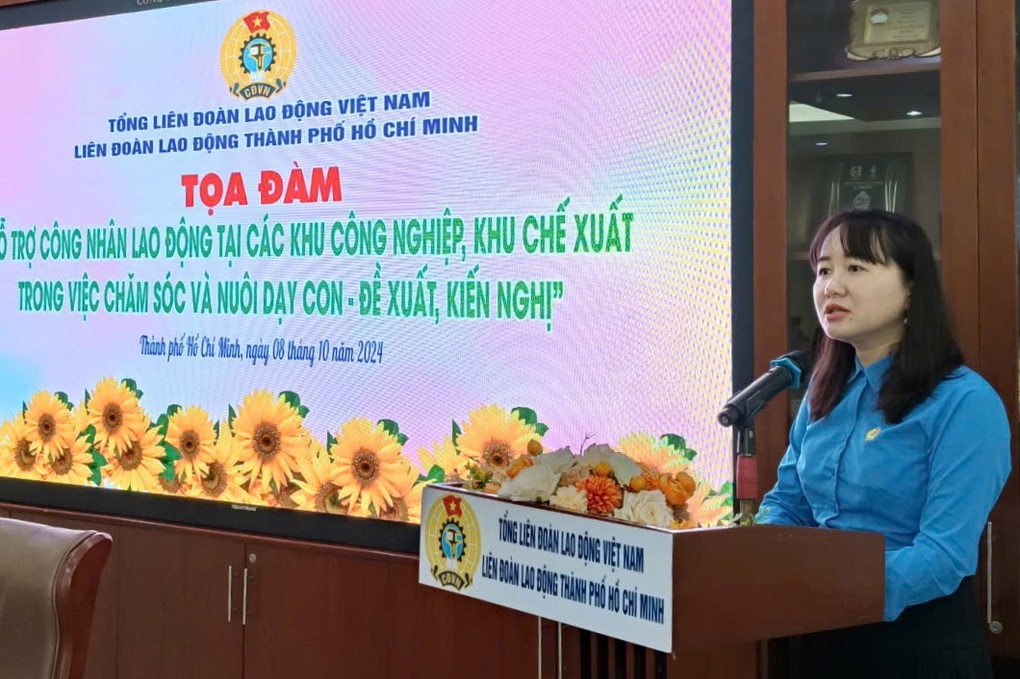
Delegates reported that most workers have to send their young children back to their hometowns for their grandparents to take care of (Photo: Contributor).
Ms. Pham Thi Hong Ha, Trade Union of Saigon Food Joint Stock Company, reflected: "Currently, in the export processing zones and industrial parks, there is a lack of infrastructure for child care such as: nurseries, kindergartens, entertainment areas...".
Mr. Nguyen Van Hung, Chairman of the Trade Union of Dai Dung Mechanical and Trading Joint Stock Company, said that the company has many programs to take care of workers' children. At the company, each factory has a dormitory for workers.
However, in reality, he noted that there is a phenomenon of workers moving from large industrial zones in Ho Chi Minh City to their hometowns to work so they can be with their young children.
The reason is that life in big cities is difficult, it is difficult to find a place to take care of children that is suitable for working conditions and high living standards. In recent times, many workers have had to choose to send their children back to their hometowns to be cared for by their grandparents.
At that time, children grow up without their parents, do not receive enough attention or the opposite phenomenon occurs when grandparents see that their grandchildren lack parental love and so they spoil them too much. Many consequences arise from this situation, many children are not educated and taught well.
Therefore, Mr. Hung proposed building schools for workers' children so that workers can work with peace of mind.
The difficult problem of schools for workers' children
Ms. Tran Ngoc Phuong, Chairwoman of the Trade Union of Vietnam Paiho Company Limited, also agreed: "Some workers do not have the conditions to take care of their children, so they send them back to their hometowns to be cared for by their grandparents. The children still lack parental love, and parents leave the responsibility of taking care of them to their grandparents and educating them to the school, leading to many undesirable situations such as children playing around, dropping out of school, following bad friends..."
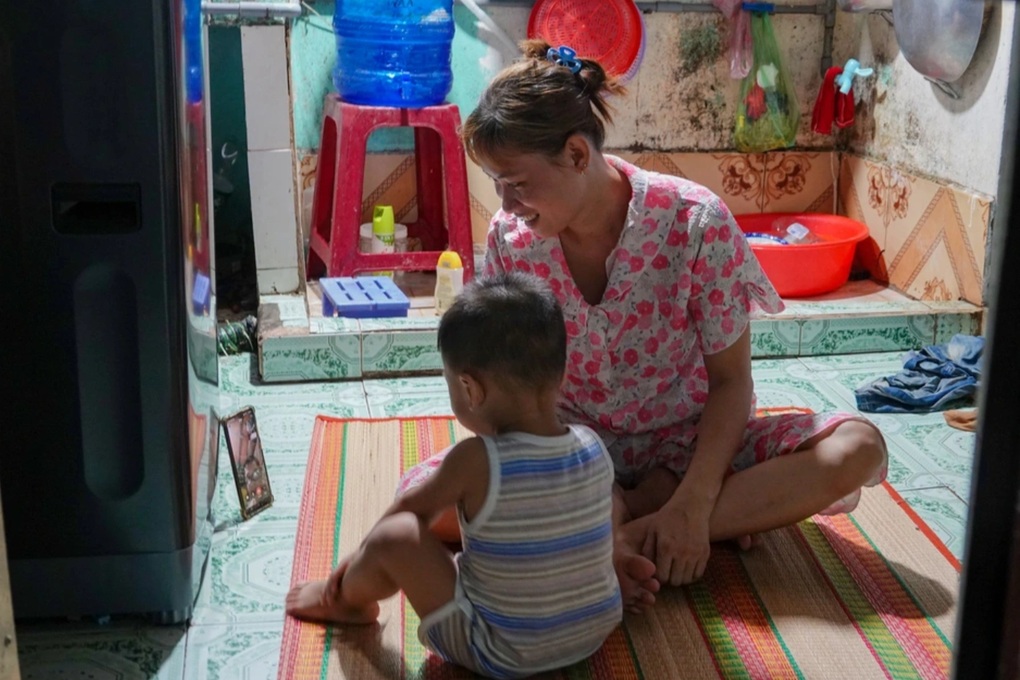
Workers have difficulty finding suitable daycare facilities with high overtime working conditions and reasonable prices (Illustration: Ha Di).
However, Ms. Huynh Thi Ngoc Lien, Head of the Women's Union of Ho Chi Minh City Labor Federation, said that a more specific survey on this issue is needed.
According to her, previously, Ho Chi Minh City had piloted a program to care for children of workers and laborers after hours. However, the rate of workers sending their children to childcare was insignificant. Workers often sent their children to facilities near their homes, sent them back to their hometowns, and moved their residences very often.
Ms. Ngoc Lien said: "To build appropriate policies, it is necessary to have a lot of documents and careful research, because each region has its own characteristics and needs."
Concluding the conference, Ms. Tran Thu Phuong noted that in reality, many workers in industrial parks and export processing zones are forced to send their children back to their hometowns because of difficult living conditions, making it difficult to raise young children well.
Therefore, she suggested that businesses find ways to help workers' children to reduce their difficulties. The union also needs to study support and care for children of workers from other provinces.
Source: https://dantri.com.vn/an-sinh/cong-nhan-bo-pho-ve-que-de-duoc-gan-con-20241009033529416.htm


![[Photo] Prime Minister Pham Minh Chinh chairs the first meeting of the Steering Committee on Regional and International Financial Centers](https://vstatic.vietnam.vn/vietnam/resource/IMAGE/2025/4/3/47dc687989d4479d95a1dce4466edd32)
![[Photo] Capital's youth enthusiastically practice firefighting and water rescue skills](https://vstatic.vietnam.vn/vietnam/resource/IMAGE/2025/4/3/3f8481675271488abc7b9422a9357ada)

![[Photo] Prime Minister Pham Minh Chinh chairs meeting after US announces reciprocal tariffs](https://vstatic.vietnam.vn/vietnam/resource/IMAGE/2025/4/3/ee90a2786c0a45d7868de039cef4a712)
![[Photo] A brief moment of rest for the rescue force of the Vietnam People's Army](https://vstatic.vietnam.vn/vietnam/resource/IMAGE/2025/4/3/a2c91fa05dc04293a4b64cfd27ed4dbe)
![[Photo] Ho Chi Minh City speeds up sidewalk repair work before April 30 holiday](https://vstatic.vietnam.vn/vietnam/resource/IMAGE/2025/4/3/17f78833a36f4ba5a9bae215703da710)




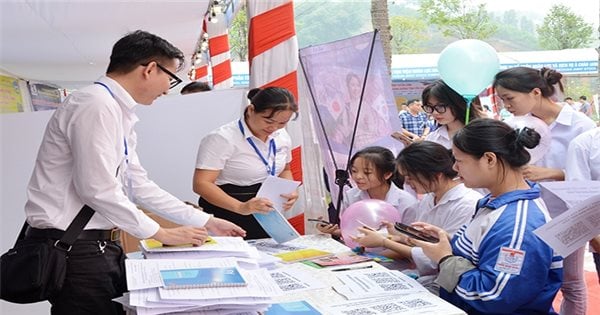







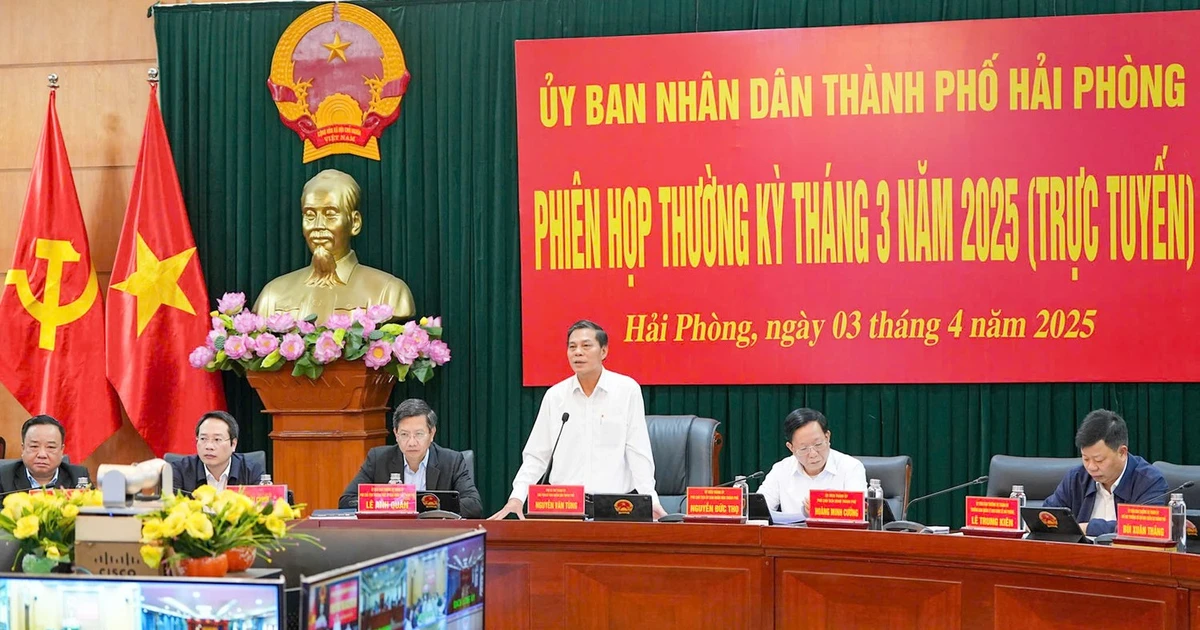








































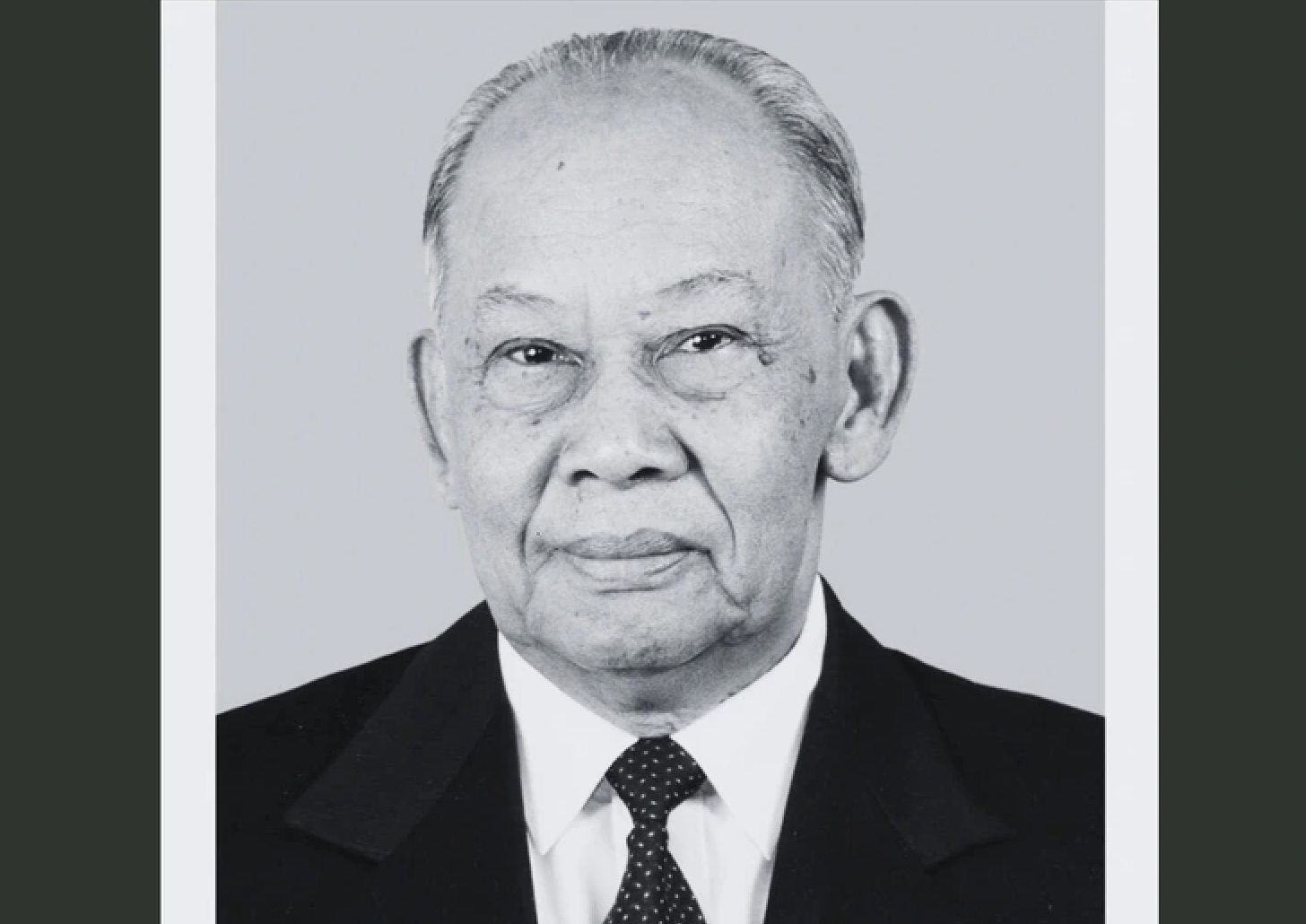





















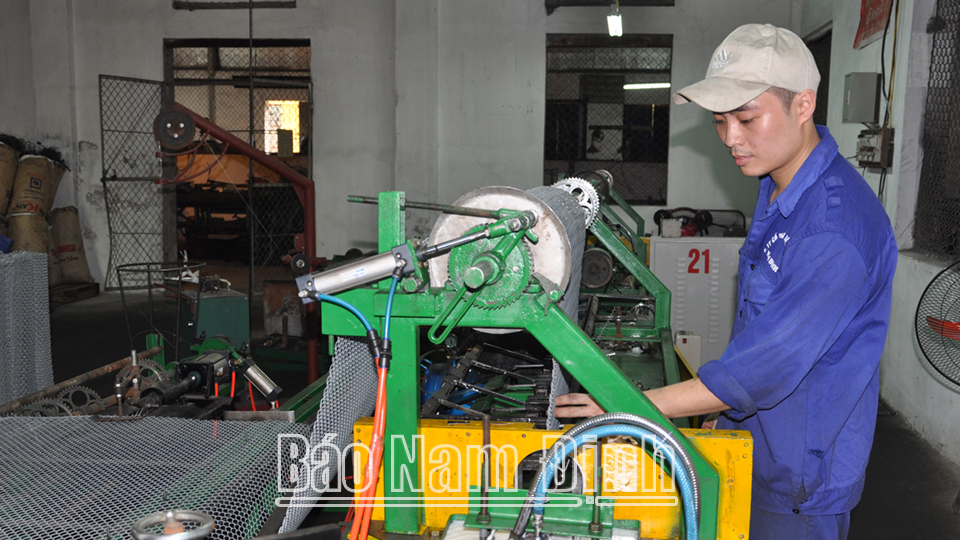













Comment (0)